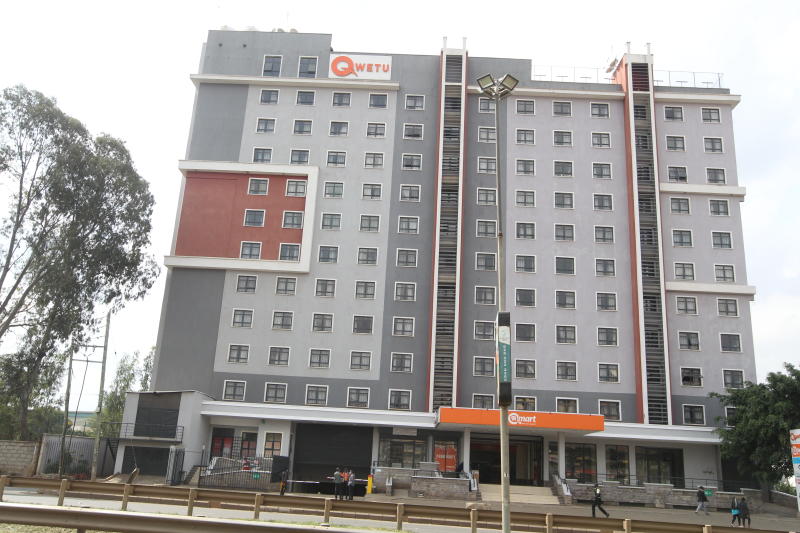×
The Standard e-Paper
Home To Bold Columnists

Qwetu along Ring Road. [Jonah Onyango, Standard]
Real estate developers are increasingly banking on the growing student population to offer accommodation facilities with lucrative returns.